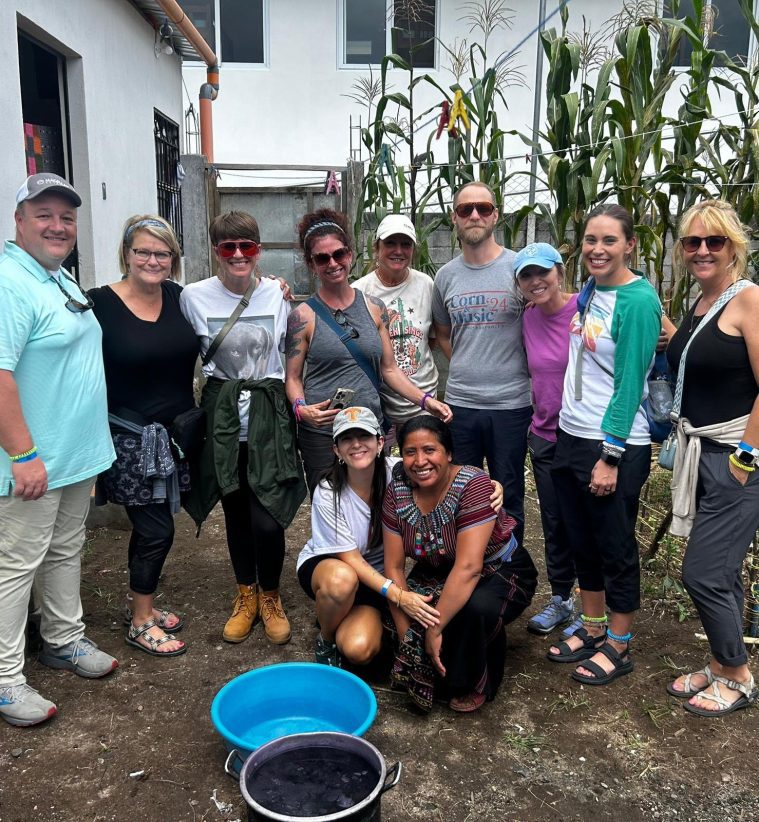Global citizens, according to OXFAM, are aware of and understand the wider world – and their place in it. They take an active role in their community, and work with others to make our planet more equal, fair and sustainable.
However, a trip abroad does not guarantee returning as global citizens. One’s awareness could be heightened, but without an understanding of the culture, fortified by immersive experiences outside of tourist stops and shops, true understanding usually does not occur.
Global Service-Learning and Citizenship Education
UNESCO states, the aim of Global Service-Learning and Citizenship Education (GSLCE) is “to empower learners of all ages – children, young people and adults alike – so they assume active roles in facing and resolving global challenges and become proactive contributors to a more peaceful, tolerant, inclusive and secure world.”
For UNESCO, this implies ensuring that GSLCE covers three domains of learning:
- Cognitive: to acquire knowledge, understanding and critical thinking about global issues and the interconnectedness / interdependency of different countries and populations.
- Socio-emotional: to have a sense of belonging to a common humanity, sharing values and responsibilities, sharing empathy, solidarity and respect for differences and diversity.
- Behavioral: to act responsibly at local, national and global levels for a more peaceful and sustainable world.
The intent is to produce future leaders who can think critically about global issues, who understand that we are all in this together, and who, as a result of this understanding, have a sense of belonging to a common humanity and an appreciation for others. These transformed thinkers will then ACT responsibly at home and abroad for a more just, peaceful, sustainable world – what we call “global citizens.”
Sample GSLCE Program
Bethel University and Global Citizen Adventure Corps offer a unique, 6-8 week online opportunity, specifically designed to prepare students to become the global thinkers and leaders of our future. The academically challenging course is based on the Harvard Global Citizenship curriculum and designed with the UN Sustainable Development Goals in mind,
After engaging with content taught by university faculty and National Geographic Certified Educators, students then experience a 7-10 day culturally immersive, international service-learning experience as the capstone. Completing the course nets the students three hours of transferable college credit.
Overcoming Barriers
While other student travel programs have similar goals, very few offer college credit to high school students. Bethel University does. Another unique aspect is the result of the partnership with Global Citizen Adventure Corps. Students who are economically disadvantaged can apply for scholarships (funded by donations and grants) to help cover the one of the most frequent obstacle to international programs – finances.
The other often-cited obstacle – fear – is addressed as relationships are built through the teaching of history and culture during the online course, guiding frequently first-time travelers through Passport Control and security, and serving alongside them in English classrooms, on farms and at wildlife rescue centers, and in mountain village health clinics.
Learning Continues for Global Citizens
Once a student gains a new perspective by first awareness and then understanding, action is often next. As a newly activated global citizen, they turn their eyes to their community and seek to serve, addressing imbalances and inequities they were alerted to in a new setting but are, in fact, universal. In this sense, a global citizen is a local changemaker as well.

